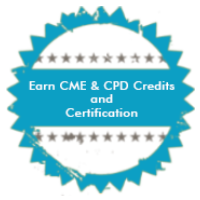Biography
Biography: Raquel Neves
Abstract
Ischaemic hearth disease and stroke are the leading two cases of premature death1 and stroke continues to increase, with 16.9 million of people being affected by stroke annually.
An estimated 50 million stroke survivors worldwide currently cope with significant physical, cognitive and emotional deficits and 25% to 74% of these survivors require some assistance or they need fully assistance of caregivers for activity of daily living2.
Following a stroke an individual may experience cognitive, physical and psychological deficits.
Evidence shows that the earlier rehabilitation is commenced the better the outcome for the stroke survivor and this principles should be applied in the acute and post-acute settings.
Following a stroke an individual may experience cognitive, physical and psychological deficits.
After the stroke, the first aim is to stabilize medical condition during the acute phase, and then to retrain the previously learnt tasks through actual trial and performance in the rehabilitation phase.
The main goal for stroke rehabilitation is to help stroke survivors relearning skills that are lost when part of the brain is damaged and to adjust him to this new condition.
Stroke rehabilitation is proactive, person-centered and goal-oriented process that should begin the first day after stroke. And the literature shows rehabilitation is not only related with physical recovery but also with reintegration of the person into the community and therefore the transition between hospital and community care.
A multidisciplinary team with a holistic, comprehensive and interactive approach should be in place to implement a stroke rehabilitation program as soon as possible, by setting realistic goals with the stroke survivor and family

